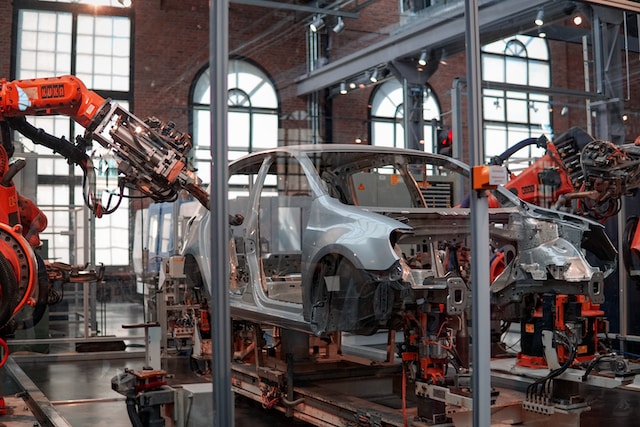A Death Knell for Internal Combustion Engines
Tesla made news several times in recent days, ruffling the feathers of some very entrenched interests. First, Tesla is championing a new model of automobile maintenance in which Internet connected cars “self diagnose” problems, automatically download and install software fixes and updates and need very little maintenance compared to gas powered internal combustion engines.
Automaker Monitors Your Car Remotely, Contacts You if Anything is Awry
Tesla’s new model includes flat yearly maintenance plans, including discounts for multi-year agreements and provides a provocative alternative to traditional fee for service plans which have highly unpredictable costs and often leave consumers suspecting they’ve been had by an unscrupulous garage or mechanic. Plans include free replacement of standard parts, such as brake pads, windshield wipers and faulty batteries. Tesla vehicles are so different from traditional gas powered cars that oil changes will be required far less frequently, threatening a key element of the auto dealer business model.
Tesla’s plan for galleries, showrooms and maintenance centers, which basically cut out automobile dealers and their lucrative repair shops, is causing a major uproar from dealers who profess to have the consumer’s best interests in mind.
War on TESLA
The National Automobile Dealers Association and several state dealers associations have gone to war against Tesla and are pressuring politicians in state legislatures and courts to try to outlaw Tesla’s sales, distribution and maintenance model.
Lithium Ion Batteries
Tesla has just announced plans for a 10 million ft.² factory to produce lithium ion batteries. Tesla has plans for a much cheaper version of its electric car and so is gearing to manufacture 500,000 vehicles a year. In order to do this, the company needs a new supply chain for batteries and has decided to do the work itself. Tesla’s planned “gigafactory” would double the world output of lithium ion batteries, decreasing their average market price in the process.This investment is expected to cost $4 to $5 billion.






